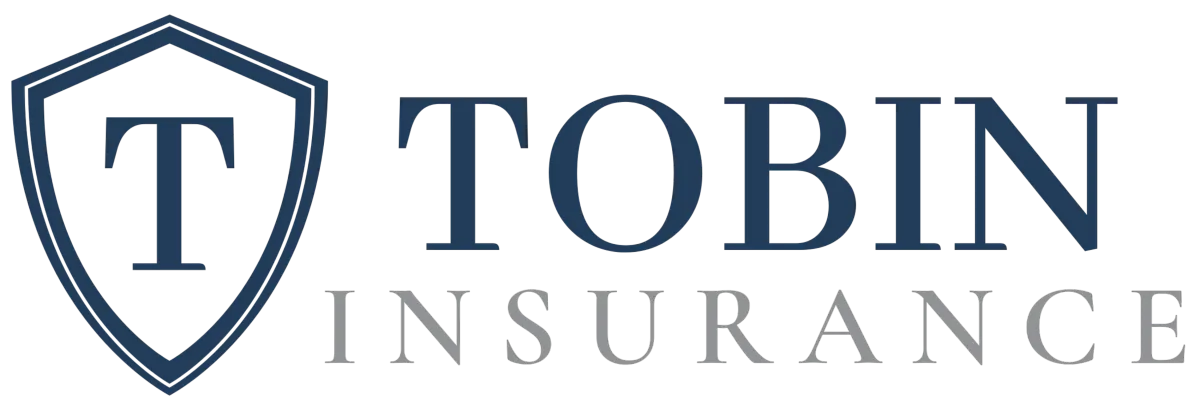Homeowners Insurance
Subcategories:
Stay Connected
How We Can Help
Tobin insurance protects you and your assets from the financial risk of something going wrong.
It can’t stop something happening, but if something unexpected does happen that is covered by your
policy it means you won’t have to pay the full cost of a
loss
.
Homeowners Insurance
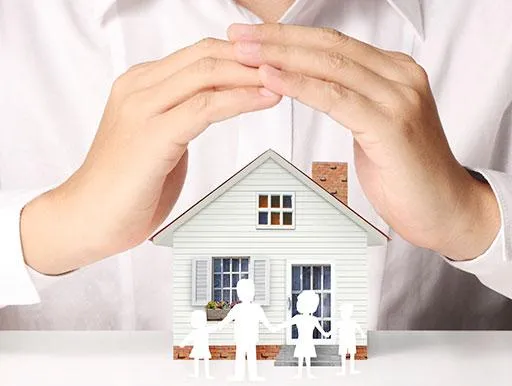
The median home price in the United States hovers around $200,000, which means your home is the biggest investment you’ll likely make in your life.
The purpose of homeowner’s insurance is to protect that investment should it be damaged or destroyed. That said, it’s pretty important.
However, protecting such a big investment doesn’t have to cost a fortune. Once you think carefully about
how much homeowner’s insurance you need so that you’re adequately protected, there are plenty of ways to trim costs.
What Home Insurance Does Cover?
To know whether you’re covered, you should ask two questions: what was damaged and what damaged it? Insurance companies call an event that damages your property a peril. Here are some perils most home insurance policies cover:
Freezing
Aircraft And Vehicles
Freezing
Aircraft And Vehicles
Accidental Discharge Or Overflow Of Water Or Steam
Sudden And Accidental Damage From Artificially Generated Electrical Current
Accidental Discharge Or Overflow Of Water Or Steam
Sudden And Accidental Damage From Artificially Generated Electrical Current
Condominium Coverage
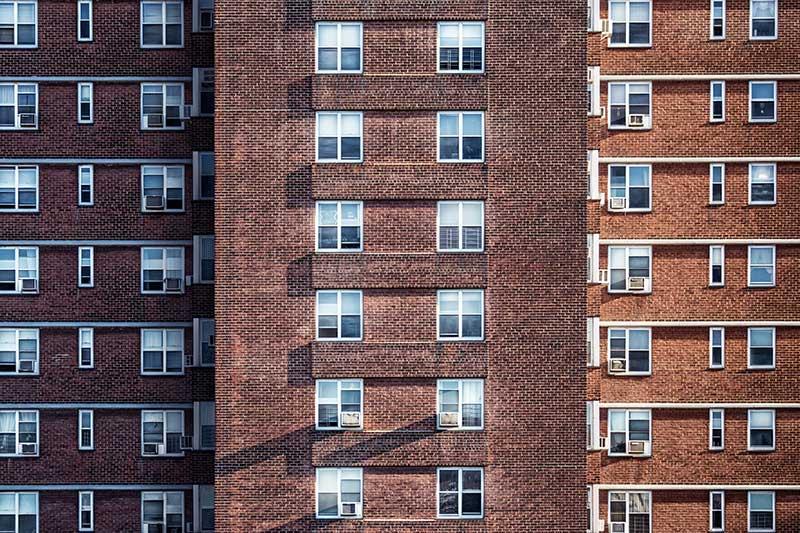
Homeowners insurance protects you, your home and your family. Coverage can help you recover if the things important to you are damaged.
No one can predict when or where disaster will strike, but homeowners insurance can help you be prepared if it does. Homeowners insurance typically covers damage from events like fire, wind and hail, but there are notable exclusions, like flood.
General insurance protects you and your assets from the financial risk of something going wrong.
It can’t stop something happening, but if something unexpected does happen that is covered by your policy it means you won’t have to pay the full cost of a loss.
What Home Insurance Does Cover
Standard homeowners' insurance has six coverages, which include protection for your home and your belongings. Home insurance can also help cover legal and medical expenses if you accidentally injure someone, someone is injured in your home, or you damage someone else’s property.
Homeowners insurance usually covers:
Fire And Lightning
Wind And Hail
Fire And Lightning
Wind And Hail
Smoke
Theft
Vandalism
Explosion
Smoke
Theft
Vandalism
Explosion
Landlord Coverage
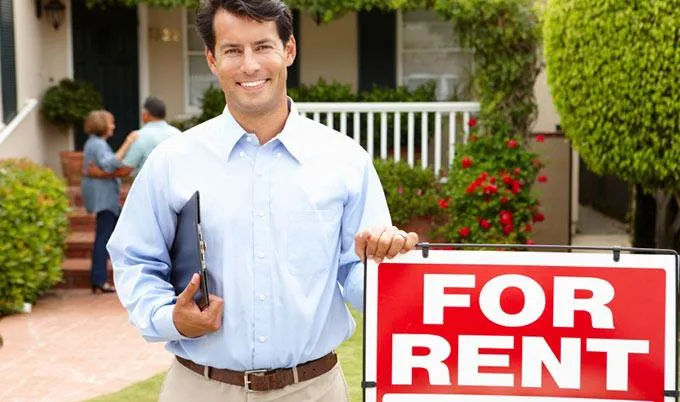
Landlord insurance is a policy for someone who rents out a home they own.
This type of insurance typically includes two different types of coverage: property and liability protection.
Both coverages are intended to help protect you, the landlord, from financial losses.
Landlord Property Protection
The property protection in a landlord insurance policy typically helps cover physical property related to the home you’re renting out. This may include the dwelling itself and equipment you keep on site to help maintain it.
Coverage generally includes:
Dwelling
This coverage helps pay to repair your rented home, condo or apartment if it's damaged by fire, lightning, wind, hail or other covered losses.
Other Structures
This part of your policy helps pay to repair detached structures on your rental property, such as detached garage or fence, if they're damaged by a covered loss.
Dwelling
This coverage helps pay to repair your rented home, condo or apartment if it's damaged by fire, lightning, wind, hail or other covered losses.
Other Structures
This part of your policy helps pay to repair detached structures on your rental property, such as detached garage or fence, if they're damaged by a covered loss.
Personal Property Used To Service The Rental
If you leave a lawnmower or snow blower onsite to maintain your rental property, landlord insurance may help cover this equipment if it's damaged.
However, if you leave your personal bike or DVD player at the home you rent out, it likely won't be covered under your landlord policy.
Personal Property Used To Service The Rental
If you leave a lawnmower or snow blower onsite to maintain your rental property, landlord insurance may help cover this equipment if it's damaged.
However, if you leave your personal bike or DVD player at the home you rent out, it likely won't be covered under your landlord policy.
Renters Coverage

In short, renters insurance covers what you own. Most landlords’ insurance covers only the building and damages due to negligence.
Coverage for some of the most common causes of property damage and loss, such as theft, vandalism and fire, is entirely up to you.
Without renters insurance, you may have to bear the financial burden of a loss on your own.
What Does Renters Insurance Cover?
First things first: you’ll want to know why you’re shelling out the $$ to begin with. So, know this: renters insurance policies have way more benefits than you probably thought.
A typical renters insurance policy will cover three main areas:
Personal Property
Temporary Living Expenses
Personal Property
Temporary Living Expenses
Personal Liability & Medical Bills
Personal Liability & Medical Bills
Home Warranty
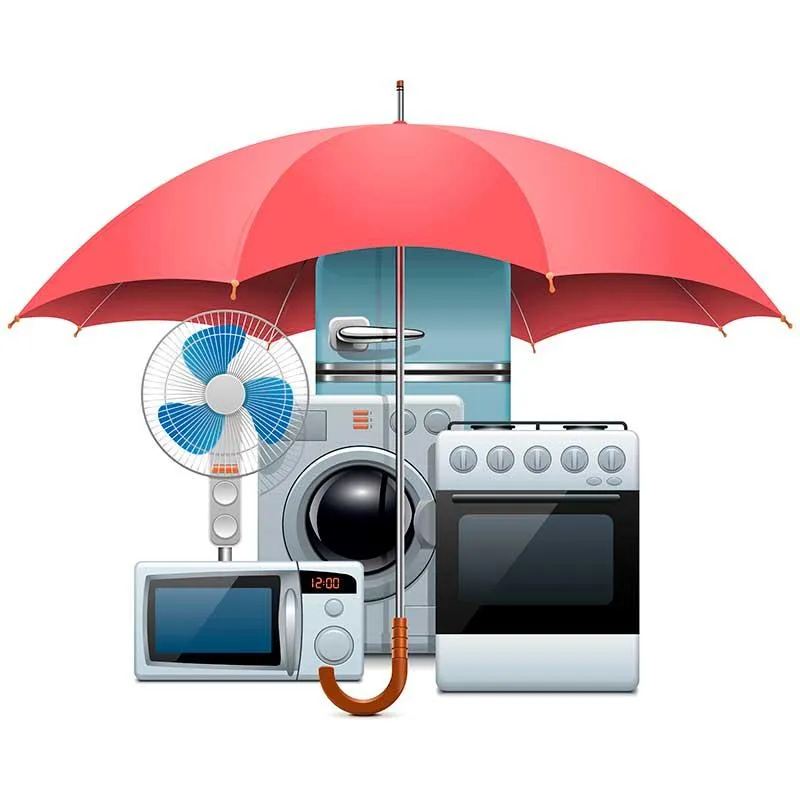
Home warranty plans are service contracts designed to protect many home systems and appliances you depend on every day.
When these systems inevitably break down, a home warranty plan covers repair or replacement of the covered items.
Coverage
From heating to dishwashers, we’ve got you covered
Systems
Heating, ductwork, central air conditioning, electrical system, garage door openers, attic, ceiling and exhaust fans, central vacuum system
Plumbing
Plumbing System, Plumbing stoppages, Toilet tanks and bowls, Water heater, circulating pump, Sump pump, pressure regulators
Systems
Heating, ductwork, central air conditioning, electrical system, garage door openers, attic, ceiling and exhaust fans, central vacuum system
Plumbing
Plumbing System, Plumbing stoppages, Toilet tanks and bowls, Water heater, circulating pump, Sump pump, pressure regulators
Appliances
Built-in microwave, Clothes washer and dryer, dishwasher, kitchen refrigerator, oven/range/cooktop, garbage disposal, instant hot water dispenser, trash compactor
Options
First class upgrade, additional refrigeration, pool and/or spa equipment, well pump, additional options available
Appliances
Built-in microwave, Clothes washer and dryer, dishwasher, kitchen refrigerator, oven/range/cooktop, garbage disposal, instant hot water dispenser, trash compactor
Options
First class upgrade, additional refrigeration, pool and/or spa equipment, well pump, additional options available
Umbrella
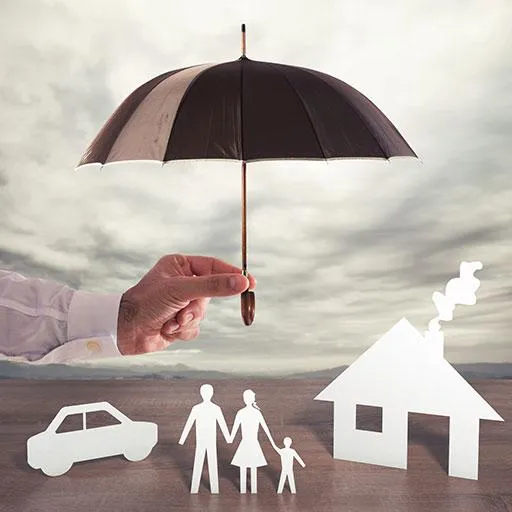
Umbrella liability insurance is an extension of homeowner, renter, and auto insurance liability coverage that protects your assets from major claims and lawsuits.
Once limits have been reached on your underlying liability coverage, an umbrella policy provides additional protection to safeguard your assets.
Important to remember: Without an umbrella policy, the costs incurred after your homeowner, renter, or auto policies are depleted must be paid out of your pocket.
What Does Umbrella Insurance Cover That My Other Policies Do Not?
Much like the homeowner who was sued for the head injury that occurred in her backyard, you could also find yourself involved in a lawsuit one day. If you are involved in an accident, or if one happens on your property, the liability coverage from either your homeowners, auto or other insurance policy (depending on the type of accident) may kick in first, according to umbrella insurance carrier RLI.
If the damages exceed what your base policy covers, your umbrella coverage can help you pay the rest of what you owe. Umbrella insurance can also provide your family with:
Personal Injury Coverage
Defamation of character, invasion of privacy, libel, slander.
Defense Coverage
For attorney fees and other legal costs.
Identity Recovery

Identity theft can happen to anyone – and it happens often. Security researchers say that roughly half of U.S. adults had their personal information hacked in a single year.
Once an identity theft occurs, victims are left on their own to figure out how to fix the damage and reclaim their identities.
It can be costly, time-consuming and frustrating.
Identity Recovery Covered Expenses
Identity Recovery also provides expense reimbursement coverage for costs incurred in resolving identity theft.
These expenses include:
Lost Wages
Child And Elder Care Costs
Lost Wages
Child And Elder Care Costs
Credit Bureau Reports
Fees When Reapplying For Loans Initially Declined Due To Falsified Credit Information
Postage, Phone And Shipping Fees
Certain Legal Fees Caused By Identity Theft
Other Miscellaneous Costs
Notary And Filing Fees
Credit Bureau Reports
Fees When Reapplying For Loans Initially Declined Due To Falsified Credit Information
Postage, Phone And Shipping Fees
Certain Legal Fees Caused By Identity Theft
Other Miscellaneous Costs
Notary And Filing Fees
Pet Health Insurance
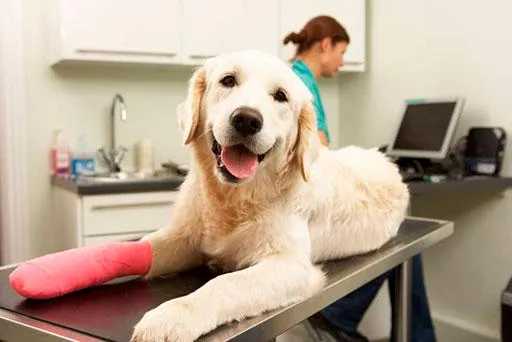
Cats and dogs are an important part of our families. Today, pets are part of 68 percent of U.S. households – that’s nearly 85 million homes.
Pet health insurance is an important tool to make sure that we can properly care for our four-legged family members.
“One in every three pets requires unexpected veterinary care each year, but the good news is we can do more for our pets now than ever thanks to medical advancements,” said Dr. Linda Lord, DVM, MS, PhD.
“As a veterinarian and pet owner, I recommend that everyone seriously consider insurance, because there are plans available that may fit your personal needs and budget.”
Complete Coverage
What’s covered:
Accidents
Illnesses
Accidents
Illnesses
Hereditary Conditions
Dental Diseases
Behavioral Issues
And More
Hereditary Conditions
Dental Diseases
Behavioral Issues
And More
We Are Here For You 24/7
Quick Contact
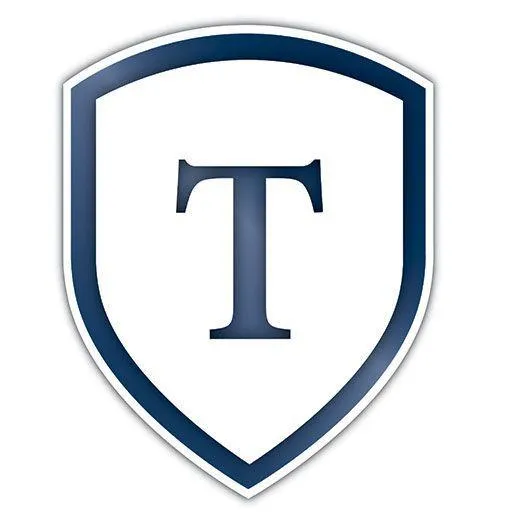
Head Office
2651 West Guadalupe Road, #110, Mesa, Arizona 85202
1.844.418.1086 TTY: 711
